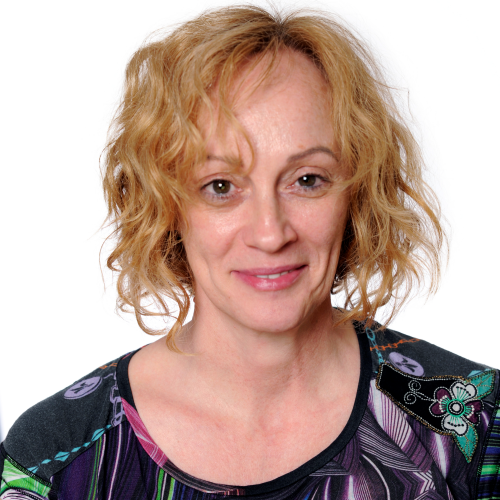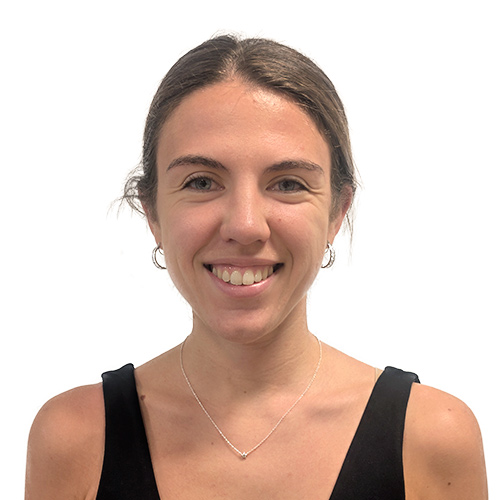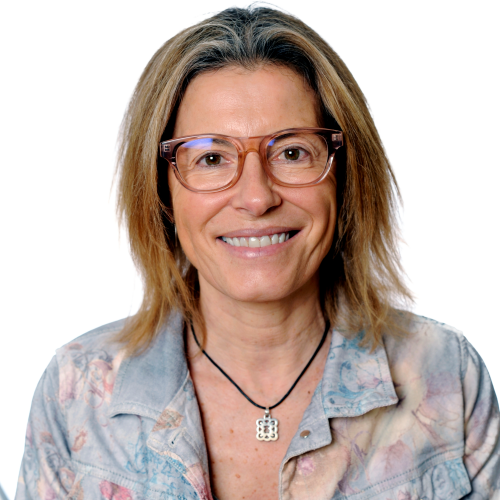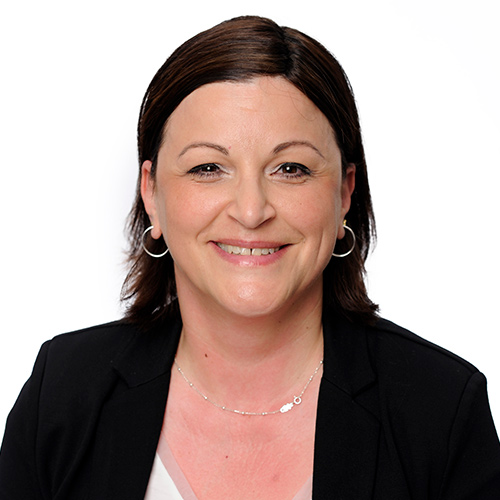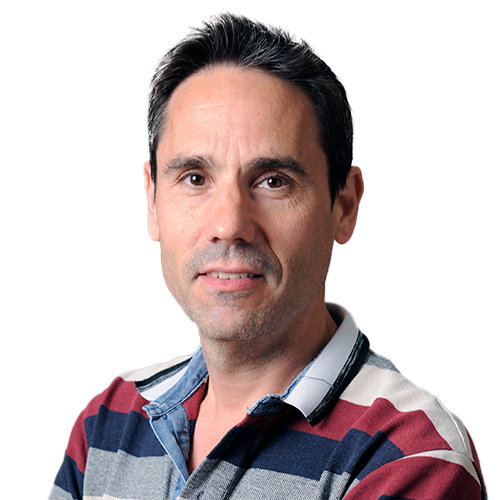| Name: | Health Documentation and Administration |
|---|---|
| Level: | Higher Vocational Training |
| Duration of the training cycle: | 2,000 hours |
| Training in the educational center: | 1,551 hours |
| Training in workplaces: | 515 hours |
The Higher Vocational Training Cycle in Health Documentation and Administration represents an essential educational option for those interested in a professional career in the management of health information and documentation.
This program is designed to train professionals capable of managing healthcare documentation, guaranteeing its quality, access, and confidentiality, in addition to contributing to data analysis for the continuous improvement of healthcare services.
At a time when information and technology play a critical role in the health and well-being of the population, the need for qualified professionals in the management of health documentation is greater than ever.
Graduates in this cycle will be prepared to work in a variety of settings, including hospitals , clinics , health centers , laboratories , and other institutions in the healthcare sector, as well as in private health-related companies.
Schedules

Afternoon
Semipresencial
thursday, wednesday and thursday on site, from 15.00 to 20.30 h
monday and friday Online, from 15.00 to 20.30 h
Curriculum
The Higher Vocational Training Cycle in Health Documentation and Administration at JOVIAT focuses on data management, working with research databases and clinical trials, and participating in the accreditation processes of healthcare centers. The program combines challenge-based learning methodologies to promote autonomy, research, and reflection. It includes small-group practical sessions, simulations, and encourages innovation and entrepreneurship. The studies prepare students for various professional opportunities in the field of health documentation, from higher-level technicians to technical managers in different areas of health management.
Project work
Professional profile Data Management
With the professional profile in data management, students learn to manage databases resulting from clinical trials and health research. Furthermore, they are trained to intervene in the accreditation process of health centers.
Practices in small groups
All practical classes are held in small groups, allowing for individualized attention and facilitating the acquisition of skills by students.
Simulation
Simulation is learning in action, in which students train and learn from mistakes based on a real situation.
Innovation and entrepreneurship
Students must be able to transform ideas into projects , responding to challenges that bring them closer to the real world.








